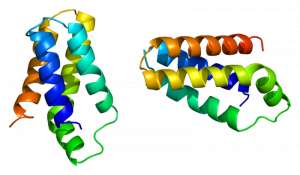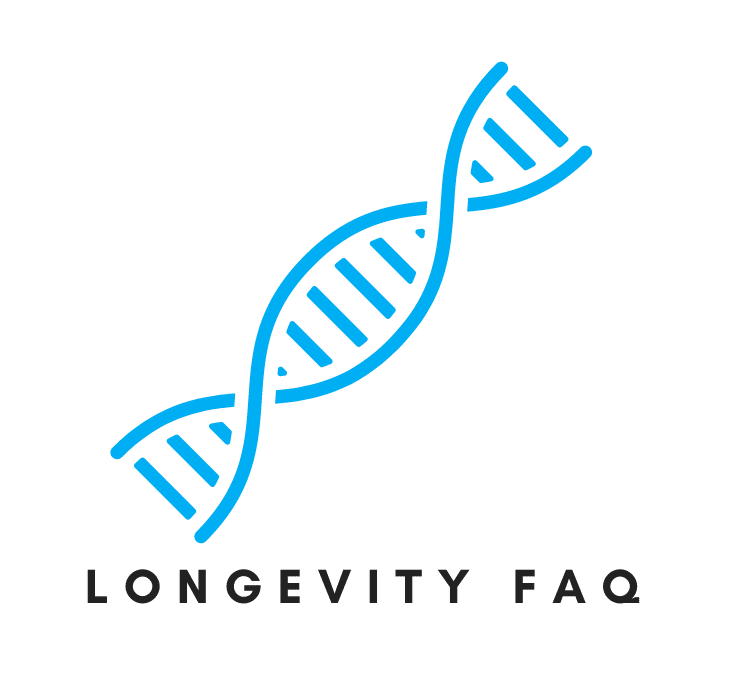
The mammalian target of rapamycin (mTOR) is activated when we consume calories, especially protein; this activation tells our cells to increase ATP production, increasing cell growth and death rate. This high cell turnover increases the body’s senescent (dead) cells.
As we age, our bodies ability to clear senescent cells decreases. This decreased ability to remove senescent results in the accumulation of dead cells, this may not seem so bad, but they can cause issues for healthy cells, further increasing our rate of aging.
The reverse is true mTOR is inhibited when our bodies are stressed, for example, by restricting food/caloric intake, increased exercise and other activities that put stress on the body, exposure to above and below-average temperatures, etc., which results in the activation of AMPK.
Returning to a more technical explanation: it is a protein kinase encoded by the MTOR gene in humans. mTOR is found in two distinct protein complexes, mTOR complex 1 and mTOR complex 2, which regulate different cellular processes. mTOR acts as a serine/threonine protein kinase, controlling cell growth, proliferation, motility, survival, protein synthesis, autophagy, and transcription. It is also a tyrosine protein kinase that activates insulin and IGF-1 receptors. mTOR is triggered by inputs from upstream pathways such as insulin, growth factors, and amino acids and is sensitive to cellular nutrients, oxygen, and energy levels.
Research has shown that decreased mTOR activity can increase life span in certain organisms and that the mTOR inhibitor rapamycin has been confirmed to increase lifespan in mice. It is thought that specific dietary regimes, like caloric restriction and methionine restriction, may cause lifespan extension by decreasing mTOR activity.
Decreasing mTOR activity also causes a decrease in ATP-consuming protein synthesis, thus increasing the proportion of damaged proteins. Decreased mTOR activity also upregulates the removal of dysfunctional cellular components via autophagy.
Again for longevity, our goal should be to activate mTor as little as possible (in a healthy way).
Read more articles on Longevity FAQ on decreasing the rate at which you age; the related articles below are a great start.
« Back to Glossary Index